Breaking
- MENU
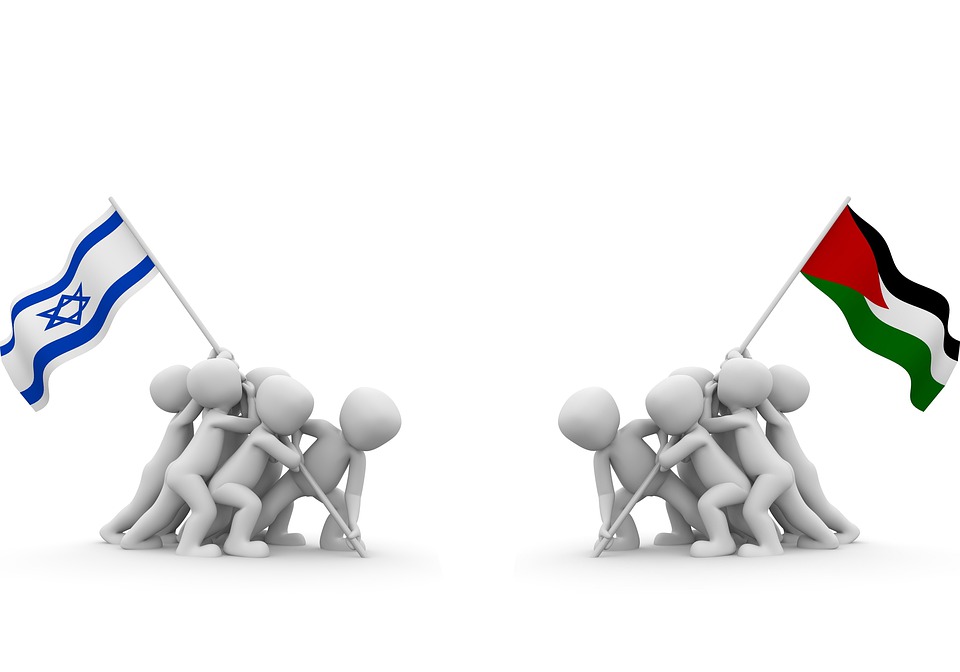
When it comes to mediating international crises, India’s track record is a mixed bag. In recent decades, India has been unwilling or unable to be effective in resolving some of the conflicts in its immediate neighbourhood
The recent 11-day Israel-Hamas conflict has encouraged some journalists, foreign policy elites, academics and retired diplomats to flag India’s candidacy as a possible mediator. They suggest that as a staunch supporter of the Palestinian cause for nearly a century, India has impeccable credentials, and its close relations with Israel and the Palestinians since the 1990s give it both an opportunity and leverage. It is also claimed that the resolution of the Israeli-Palestinian conflict is not only essential for peace in West Asia but would also serve India’s interests.
Though interesting, closer scrutiny would expose India’s feet of clay. For one, while in the past, India played an important role in mitigating various conflicting situations such as the Korean War or during the Suez Canal crisis, both in the 1950s, one cannot ignore two notable flipsides. New Delhi’s response to the crises in Hungary (1956) and Czechoslovakia (1966) was a betrayal of the people of these countries and considerably dented India’s non-aligned credentials. Moreover, its diplomatic influences were buried in the Himalayas in 1962. Three decades of hard work and economic ascendance were necessary to hear Indian voices again. When it comes to mediating international crises, India’s track record is a mixed bag.
Two, in recent decades, India has been unwilling or unable to be effective in resolving some of the conflicts in its immediate neighbourhood. It was not a visible and effective player during the crises in Sri Lanka (especially in the post-conflict stage) and Afghanistan (where its ability to shape developments is limited). It is struggling with the military-democratic resistance conflict in Myanmar, and is seen as a less-than-credible mediator in Bangladesh or Nepal, if this is the extent of India’s diplomatic leverage in South Asia, what will its influence in the ever-turbulent West Asia be?
Three, any Indian peace-making efforts in the Israeli-Palestinian conflict will be an open invitation for third-party involvement in the Kashmir issue. For long, Pakistan has been clamouring for external mediation, and at different times, several countries and regional organisations have expressed a desire to mediate between India and Pakistan. If India were to involve itself in resolving the Israeli-Palestinian conflict, countries such as Turkey will make similar moves on Kashmir. Unless it is ready to open a Pandora’s Box on Kashmir, India should not consider offering its good offices to the Israeli-Palestinian conflict.
Four, one has to recognise the harsh reality. Every teacher is not a Confucius and every adviser is not Chanakya. Peace-making needs abiding interest, nuanced skills and above all, domain expertise. These credentials are not easily found in the current structure of the Indian civil service. Since Independence, the bureaucracy is meant to create and promote the generalists, and an average Indian diplomat holds a dozen positions during his/her career and becomes an “expert” on all these issues and regions. There are exceptions, and some develop domain expertise, especially on the Arab-Israeli conflict, as a post-retirement passion, but their number is minuscule.
Indeed, in 2005, former Indian diplomat Chinmaya Gharekhan was named a special envoy for the Middle East. For long, the United States (US) had such a position, and gradually Russia, the European Union and China followed this practice. India sought to imitate this but without any clear mandate, agenda or even designation. Initially, Gharekhan was Special Envoy for West Asia and the Middle East Peace Process, and his designation changed to Prime Minister (PM)’s Special Envoy for the region. The non-seriousness of this move became clear when the position was allowed to lapse in 2009 as Manmohan Singh formed his second government. No one ever talked of a special envoy for the region since then.
Five, claims that India has good relations with both parties are true but misleading. From the information currently available in the public domain, India does not engage with, let alone recognise, Hamas, the militant Palestinian group which controls the Gaza Strip. The recent conflict highlighted the growing influence of Hamas, and no effective peace-making effort will be possible without India establishing a modus vivendi with Hamas. In recent years, both Russia and China have engaged with Hamas and even hosted its leaders. There are no indications that the ministry of external affairs is considering this option and engaging with Hamas without alienating Israel and Palestinian National Authority (PNA) will not be easy either.
Six, the continuing gap between Israel and the Palestinians is not due to the want of efforts by various players, especially the US. For various reasons, both sides believe that time is on their side and are not ready to make the necessary changes to reach an agreement. Conflict resolution does not appear to be their priority and no external pressures or inducement will make them reach an agreement. In short, while others can facilitate, only the parties concerned can reach an agreement, and today there are no signs of this. If the failures of so many proposals are an indication, third-party involvement mostly complicates the problem.
Seven, while having relations with both parties is critical, there are scores of countries that maintain formal ties with Israel and the Palestinian Authority. For example, if the Emirates have relations with Israel, Saudi Arabia is inclined towards normalisation. Both these countries have greater political and economic clout than India and are better placed to financially support any Israeli-Palestinian peace agreement. Talking to both sides is not a sufficient condition for an active Indian engagement in conflict resolution.
Above all, active Indian involvement in mediation or facilitation efforts will have to be led by the Prime Minister (PM) himself and cannot be done by lesser figures in the government or bureaucrats. Though he has met the Israeli and Palestinian leaders, and PM Narendra Modi’s chemistry might help entangle some bilateral knots, he still lacks the leverage to influence the domestic policies of his interlocutors towards peace. With the pandemic response shaping his political future, mediating the Israeli-Palestinian conflict should be the last thing PM Modi should be concerned with.
Note: This article was originally published in Hindustan Times on 8 June 2021 and has been reproduced with the permission of the author. Web Link
As part of its editorial policy, the MEI@ND standardizes spelling and date formats to make the text uniformly accessible and stylistically consistent. The views expressed here are those of the author and do not necessarily reflect the views/positions of the MEI@ND. Editor, MEI@ND: P R Kumaraswamy
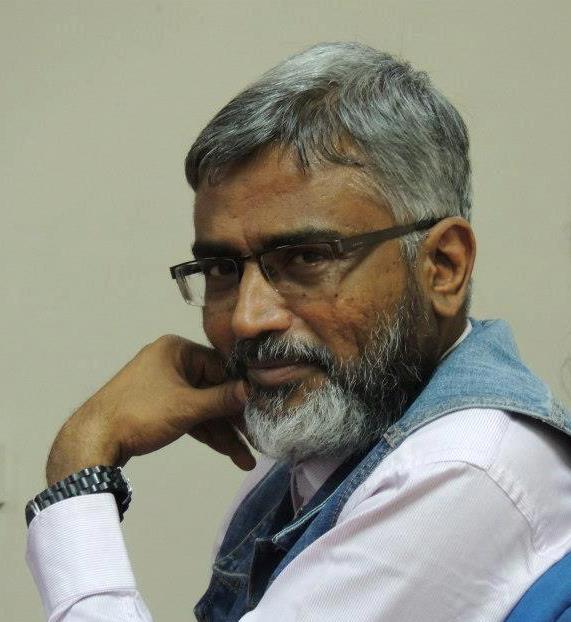
Professor P R Kumaraswamy is Honorary Director of MEI@ND.

When peace is viewed as ‘surrender’, there is little one can accomplish. Without an effe.....

The magnitude of the missile attack on Israel carried out by Iran in the early hours of Sunday was u.....
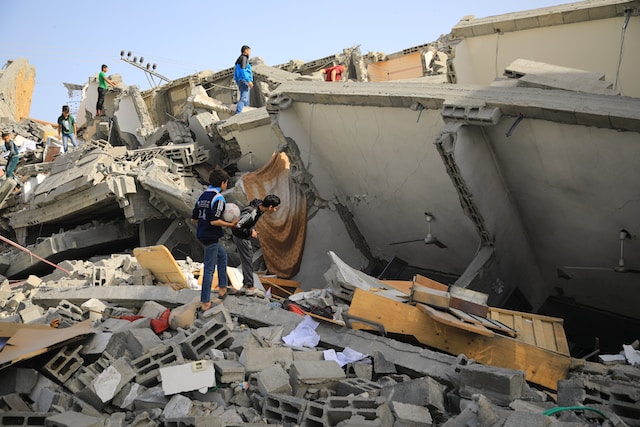
While the details are still emerging, the Hamas attacks from the Gaza Strip on Saturday were well pl.....
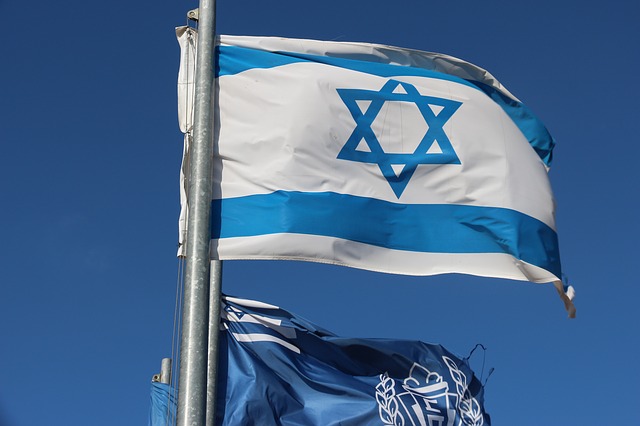
The Libyan controversy reminds us of the more significant problem facing Israel. While the scale and.....
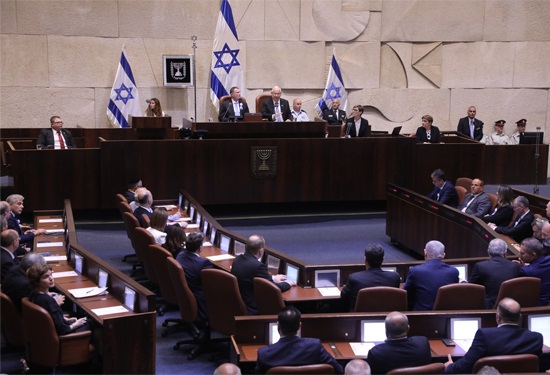
64-0! It should be an impressive vote in any country, especially in Israel, where a simple parliamen.....
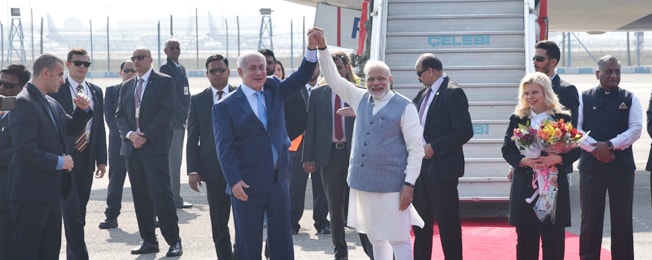
King Bibi is back! After one year in the Opposition, Benjamin Netanyahu, a close friend of Prime Min.....
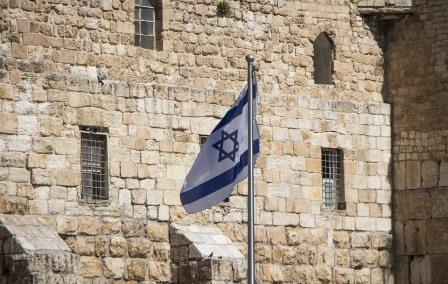
Political instability is an integral and inseparable part of Israel’s landscape. For the fifth.....
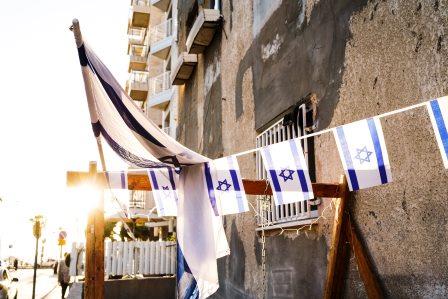
Even by the Israeli standard of coalition fragility, the Bennett-Lapid government, which completed o.....
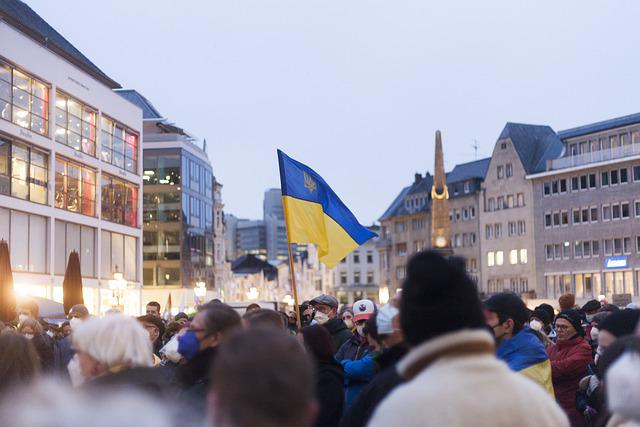
Soon to enter its fourth month, the Russian invasion of Ukraine has made irreversible damages to glo.....
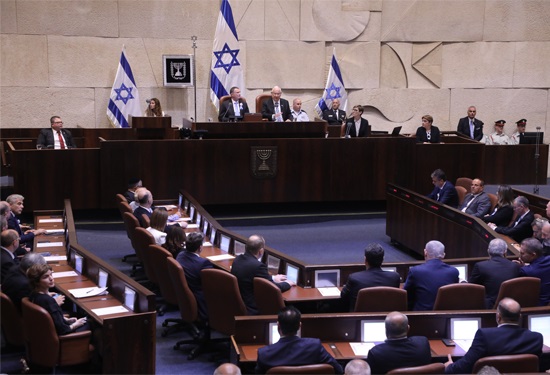
The visit of Israeli Prime Minister Naftali Bennett to India scheduled for last week had to be cance.....
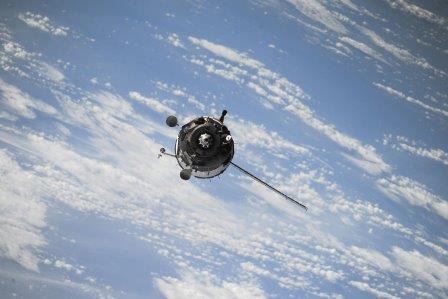
The drone attack on Abu Dhabi on Monday (January 17) by the Houthi rebels marks a major escalation o.....
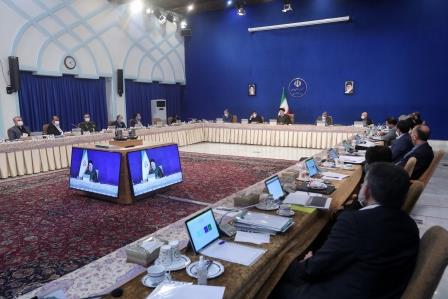
Of late, Israel-Iran shadow-boxing has been getting ominous. If Israel’s diplomatic offensive .....
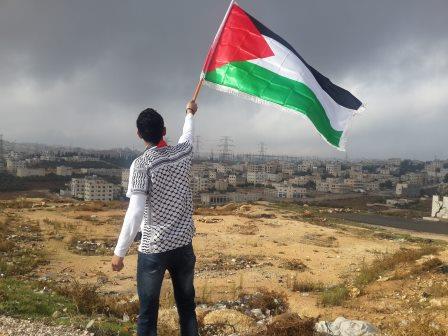
In early November, Moscow hosted Mohammed Dahlan, a former right-hand man of Palestinian leader Yass.....
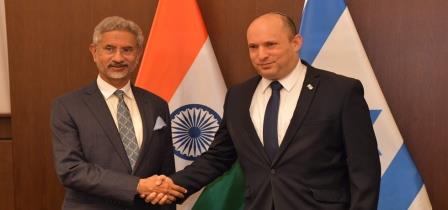
Nearly three decades after Prime Minister P V Narasimha Rao broke from the past and normalised relat.....
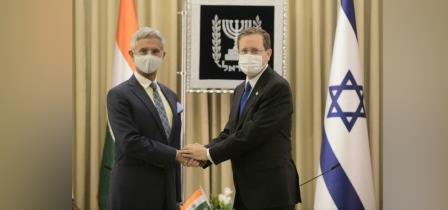
Earlier it was Pakistan and now China. So whatever India does and does not do externally has to be l.....
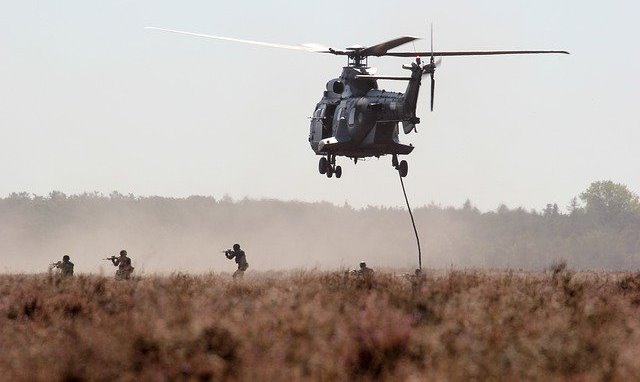
In several ways, the Taliban takeover of Afghanistan can be a game-changer in India’s worldvie.....
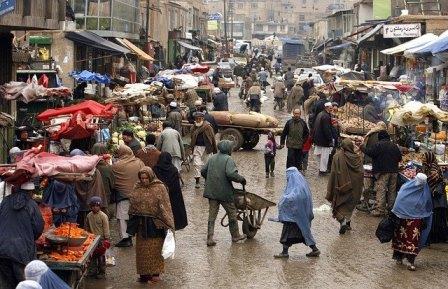
The Taliban takeover and its fallout exposed the limited diplomatic space for India in its immediate.....

Given the travel restrictions, local lockdown and sluggish economic revival, that over three lakh pe.....
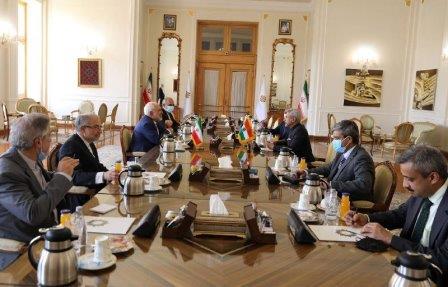
Since 2005, some critical decisions over Iran have been taken by the MEA’s US Division. So que.....
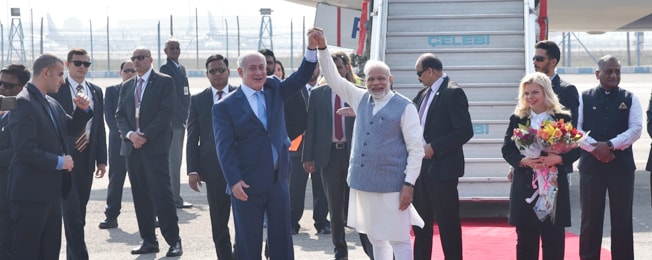
“Bibi dethroned”. This is the expression used in the Israeli media to describe the forma.....
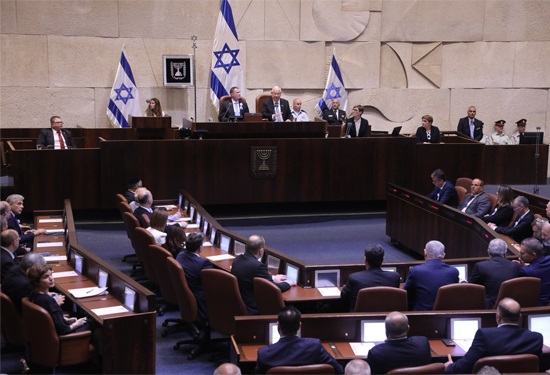
Despite having a woman prime minister in Golda Meir, female political representation in Israel has n.....
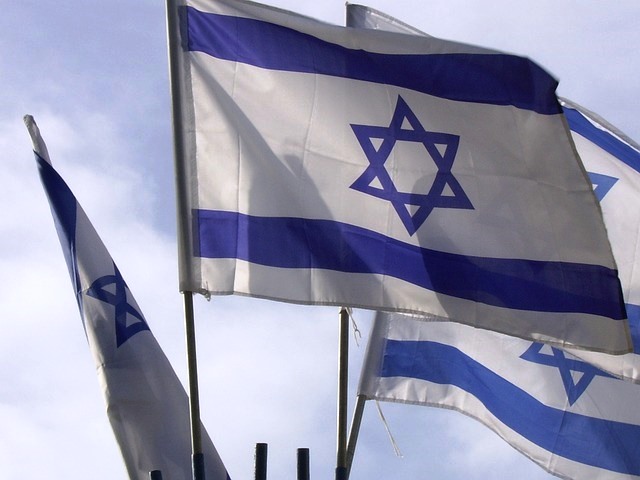
The most interesting aspect of the new Bennett-Lapid government in Israel is the emergence of Mansou.....
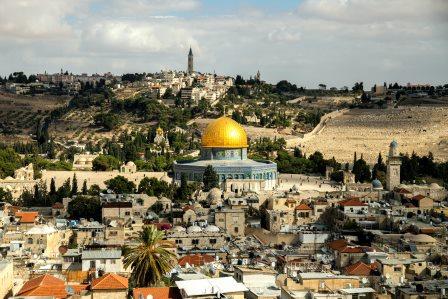
Going by the Israeli media, it is clear that the arm-twisting by the Biden Administration forced the.....
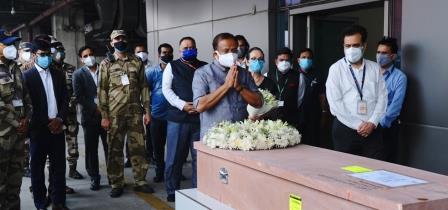
Indeed, Hamas is better placed today than it was in January 2006 and the current round of violence i.....

While the international community wants de-escalation and an early end to the conflict, the chances .....
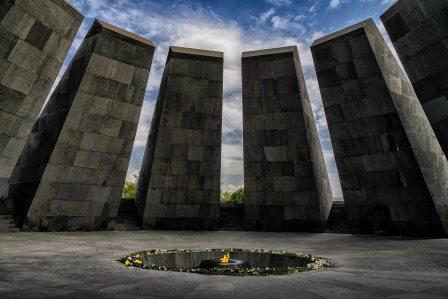
Ending the past silence, US President Joe Biden marked the Armenian Genocide Remembrance Day of Apri.....
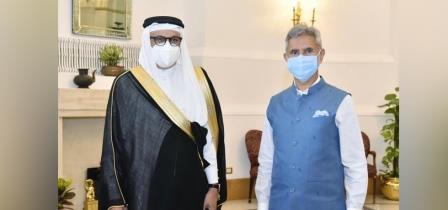
The visit of Foreign Minister of Bahrain Abdullatif bin Rashid Al Zayani to India during 6-8 April r.....
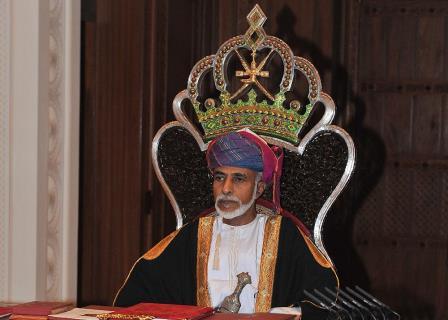
By posthumously bestowing the Gandhi Peace Prize for 2019 upon Sultan Qaboos of Oman, New Delhi seek.....
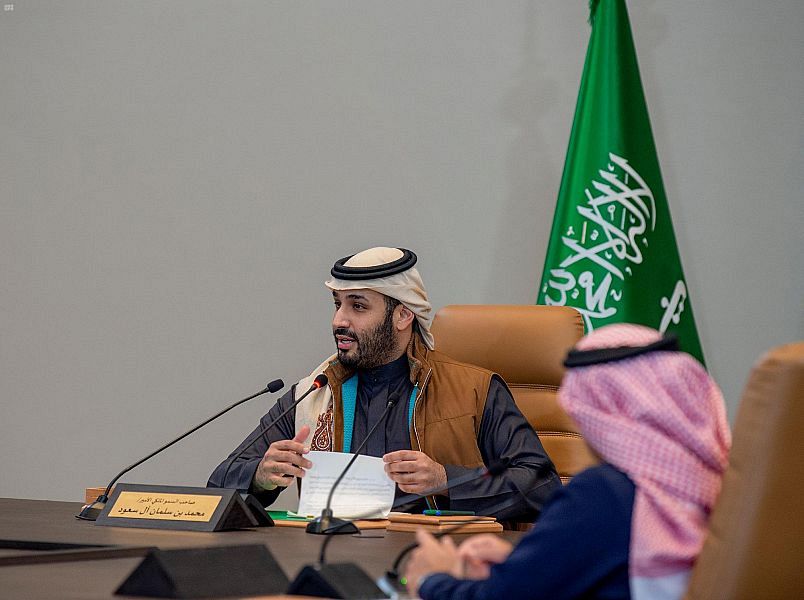
Much to the displeasure and discomfort of Saudi Crown Prince Mohammed bin Salman (more widely known .....
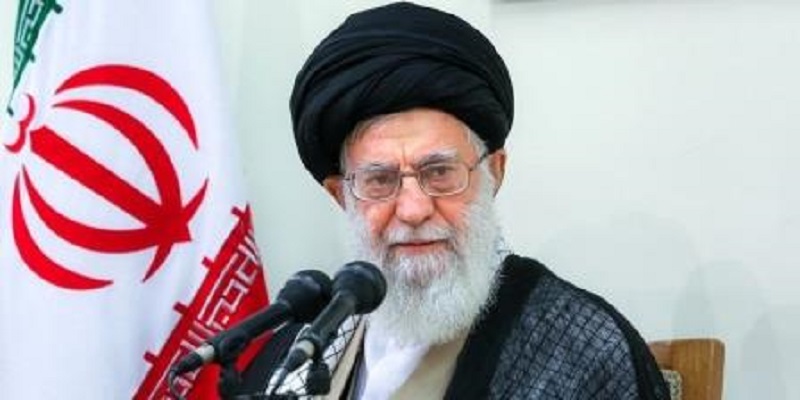
The nomination of Robert Malley, a veteran hand in Washington policy circles, as the Special Envoy f.....
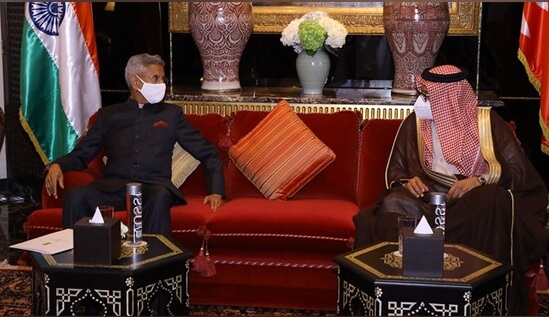
The two-day visit of External Affairs Minister S Jaishankar to the United Arab Emirates last week is.....
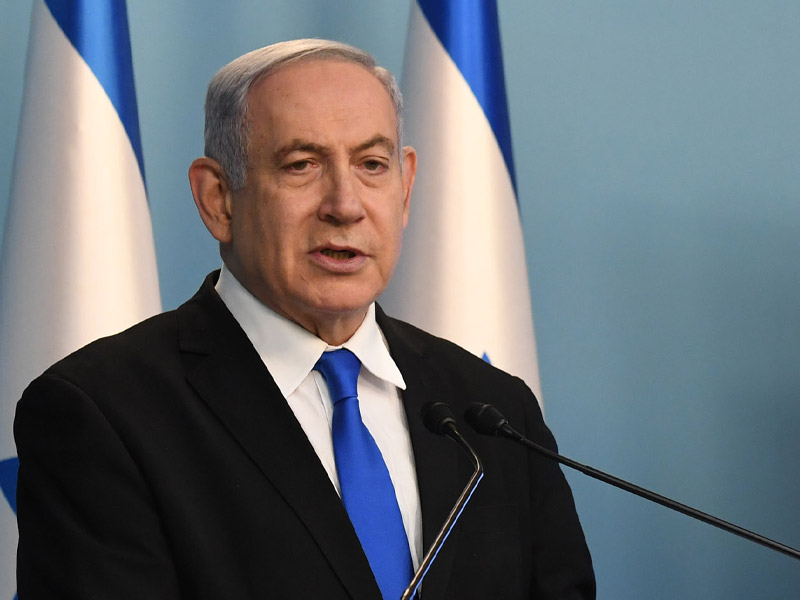
United Arab Emirates’ (UAE) decision to normalise relations with Israel is the most dramatic e.....
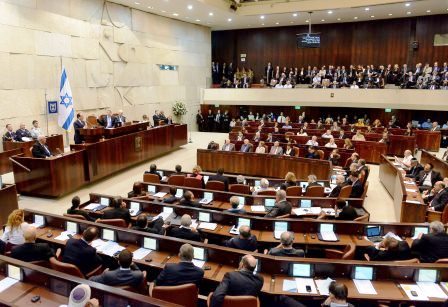
Declaring victory moments after the polling ends has become the hallmark of Benjamin Netanyahu; and .....
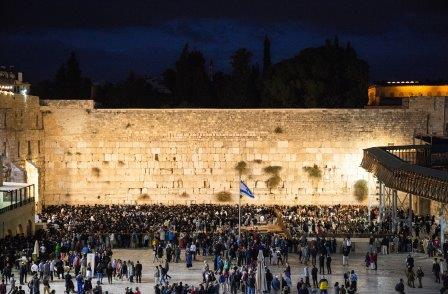
Israel went to polls for the 23rd Knesset on 2nd March. The third parliamentary elections within one.....
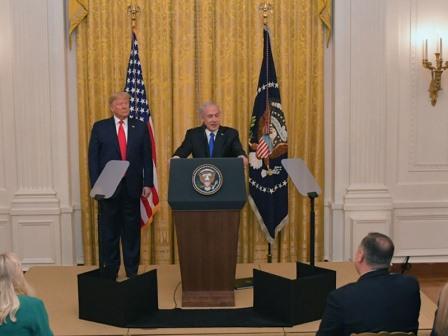
With possible removal from office hanging over their heads, US President Donald Trump and Israeli Pr.....
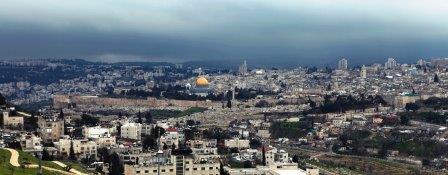
US Secretary of State Mike Pompeo’s sudden and unexpected announcement regarding Israeli settl.....
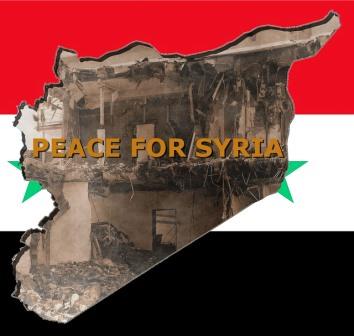
US President Donald Trump’s decision on imposing sanctions on Turkey has rocked the ever-turbu.....
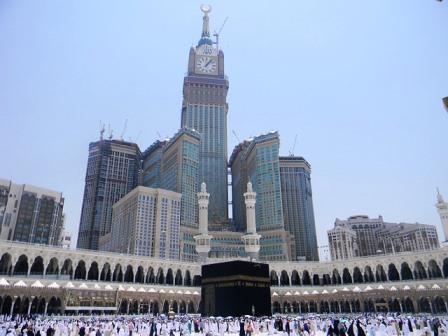
Prime Minister Narendra Modi’s two-day visit to the Kingdom of Saudi Arabia this week highligh.....
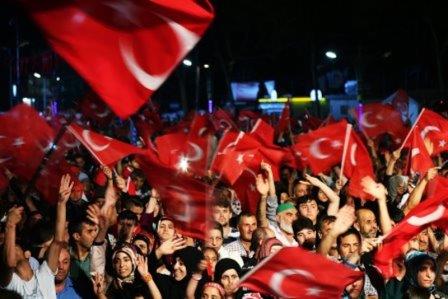
Prime Minister Narendra Modi's reported decision to postpone a planned visit to Turkey comes a c.....
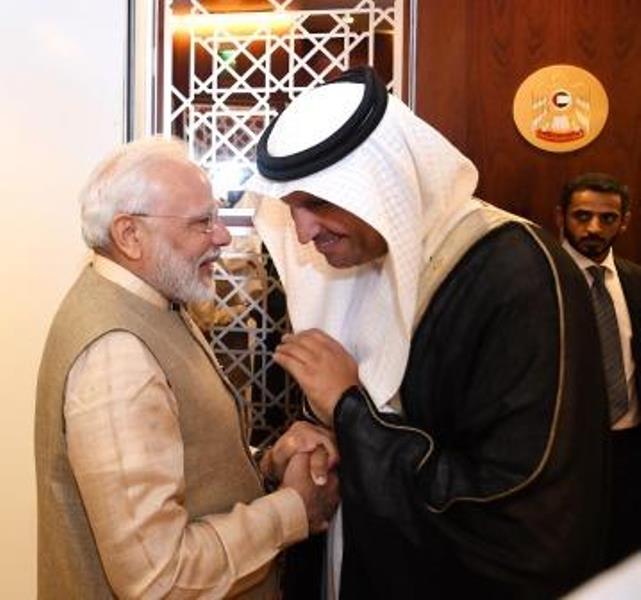
With the sole and notable exception of Pakistan, India's relations with the wider Islamic world .....
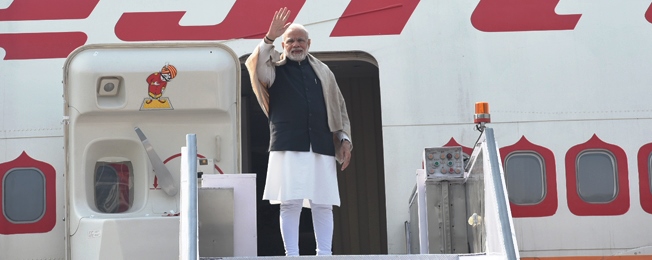
For a long time, India’s relationship with its extended neighbourhood in the Persian Gulf was .....
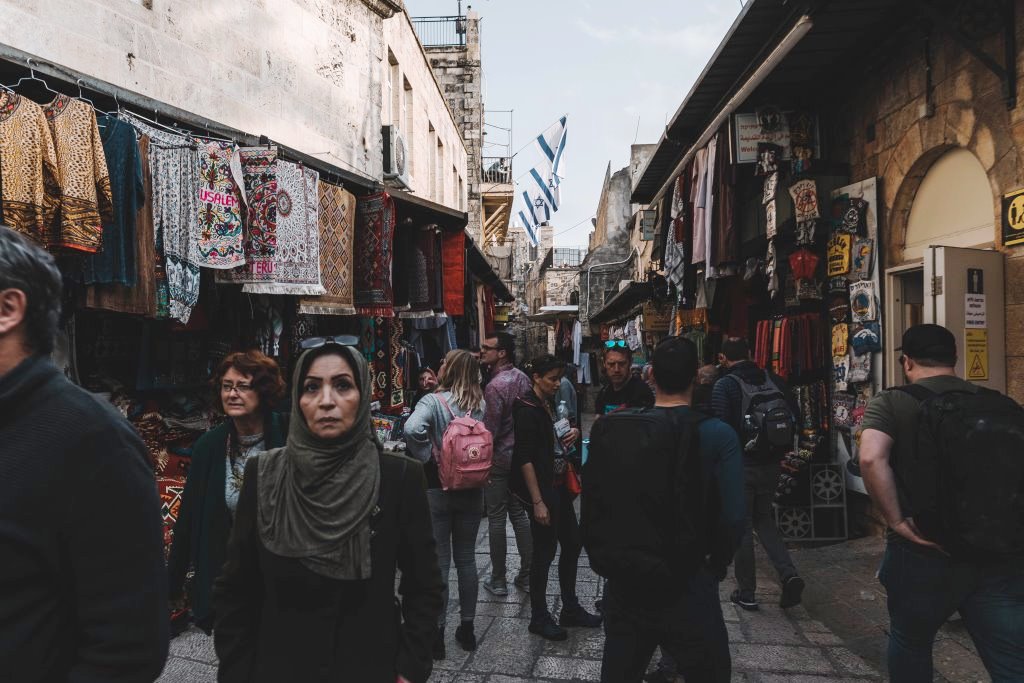
The Israeli legislative or Knesset election last week has turned out to be a rerun of the 9 April on.....
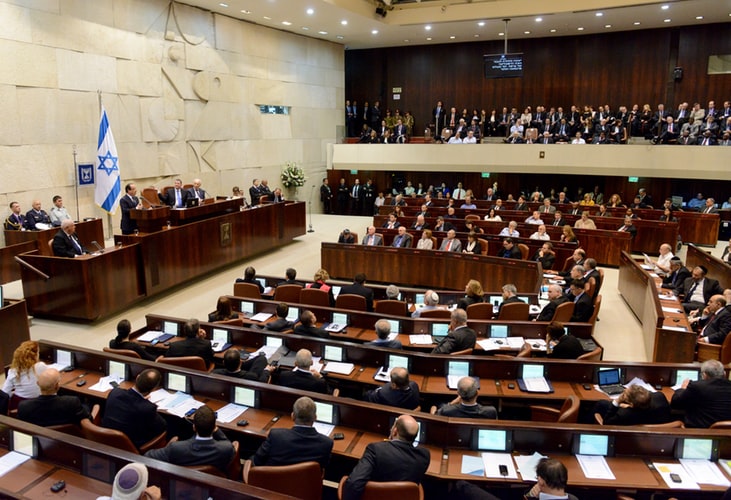
Will 2019 see a third Knesset election? This question is going rounds in Israel as it faces the seco.....
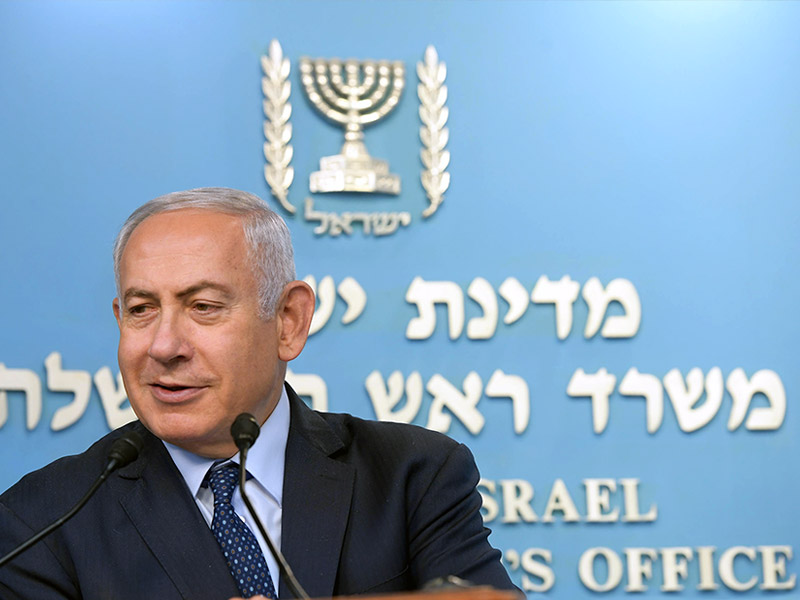
When he called Indian Prime Minister Narendra Modi to congratulate on his re-election with a landsli.....
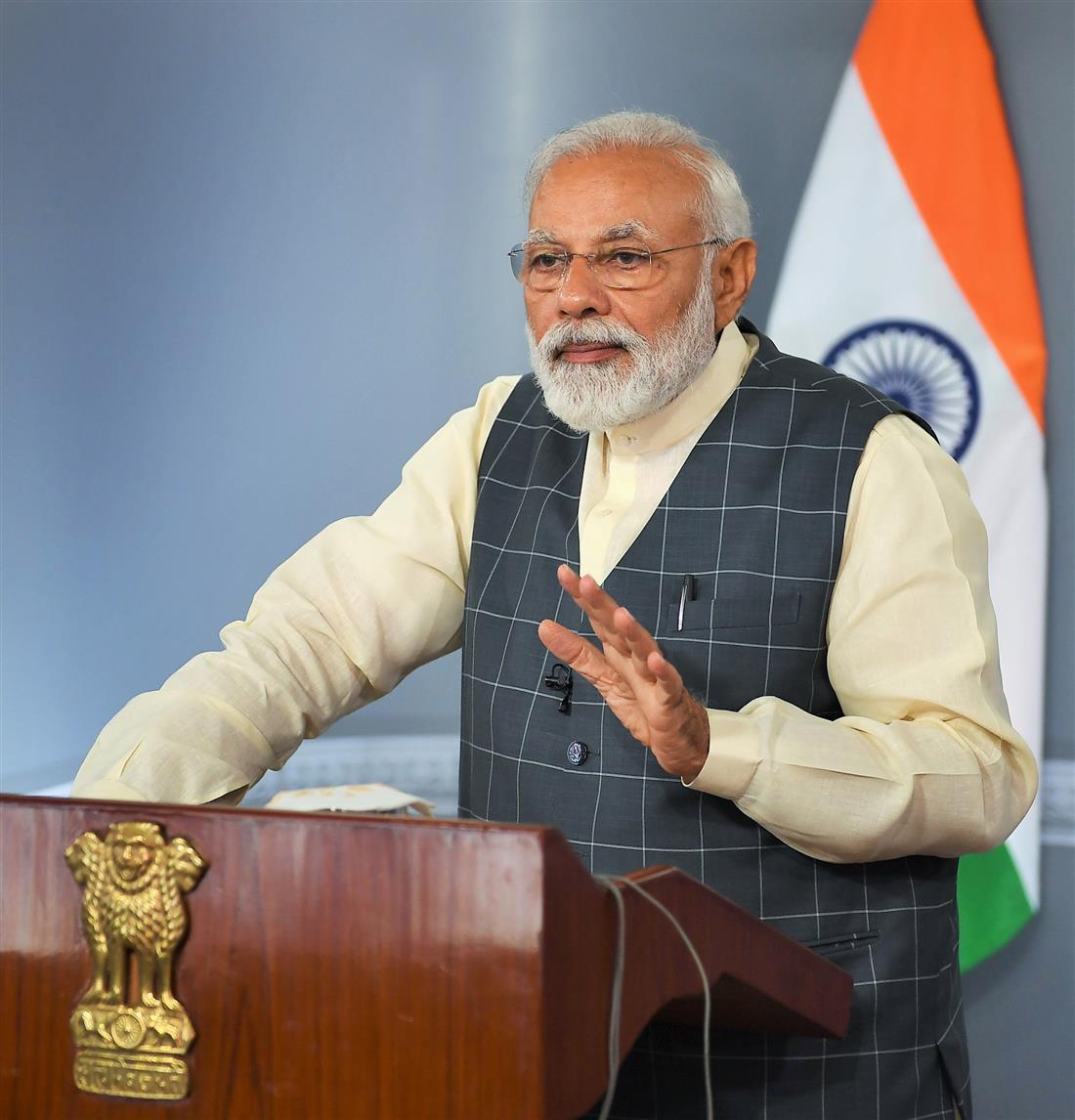
The resounding re-election of Prime Minister Narendra Modi is a blessing for India's relat.....
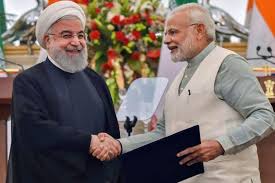
Iran is back in the news and for all the wrong reasons. It has been the unnecessary third .....
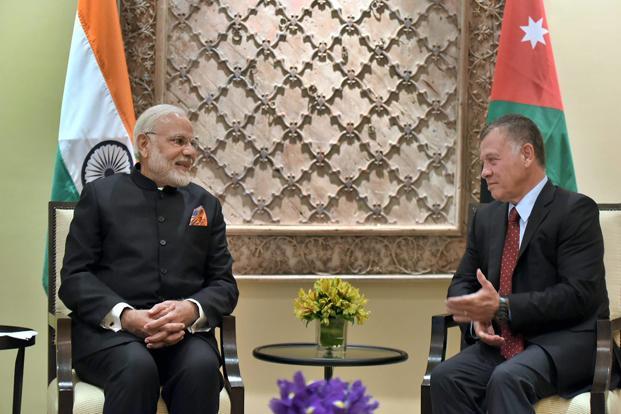
During the close to a century of its existence, the Hashemite Kingdom of Jordan has been, as former .....

In their eagerness to focus on and flag the de-hyphenation of the traditional Israel-Palestinian bin.....
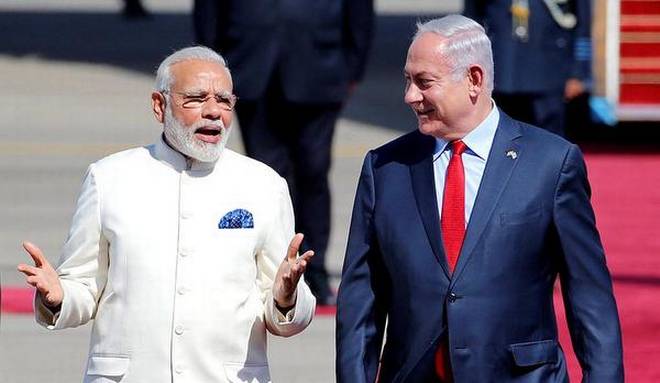
In the closely scrutinised India-Israel relationship, there is little in the public domain that rema.....
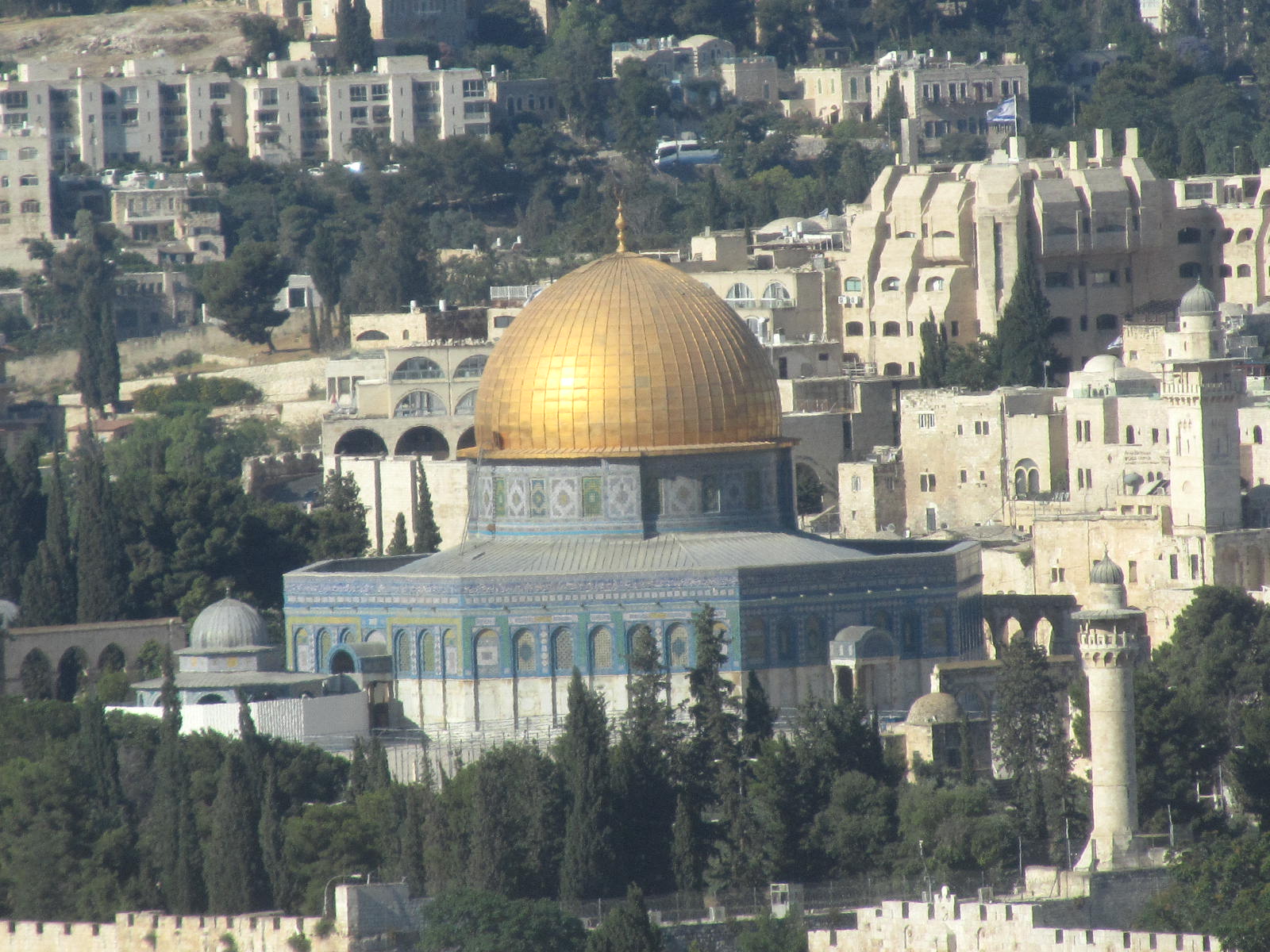
You know what, it will go to the dustbin’ my articulate friend was blunt, brutal but.....
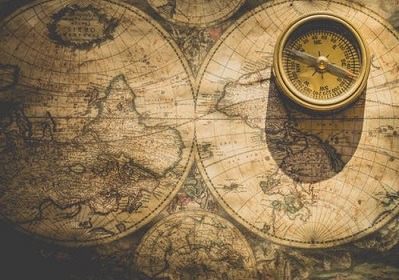
Balfour Declaration, A Century Later If one were to make a list of the most influential.....
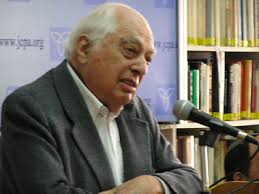
Professor Bernard Lewis—a towering personality on the Middle Eastern academic landscape—.....
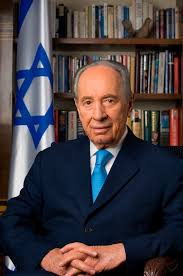
B orn in Poland on 2 August 1923, Szymon Persk who later Hebraised his name as Shimon Peres was the leader.....
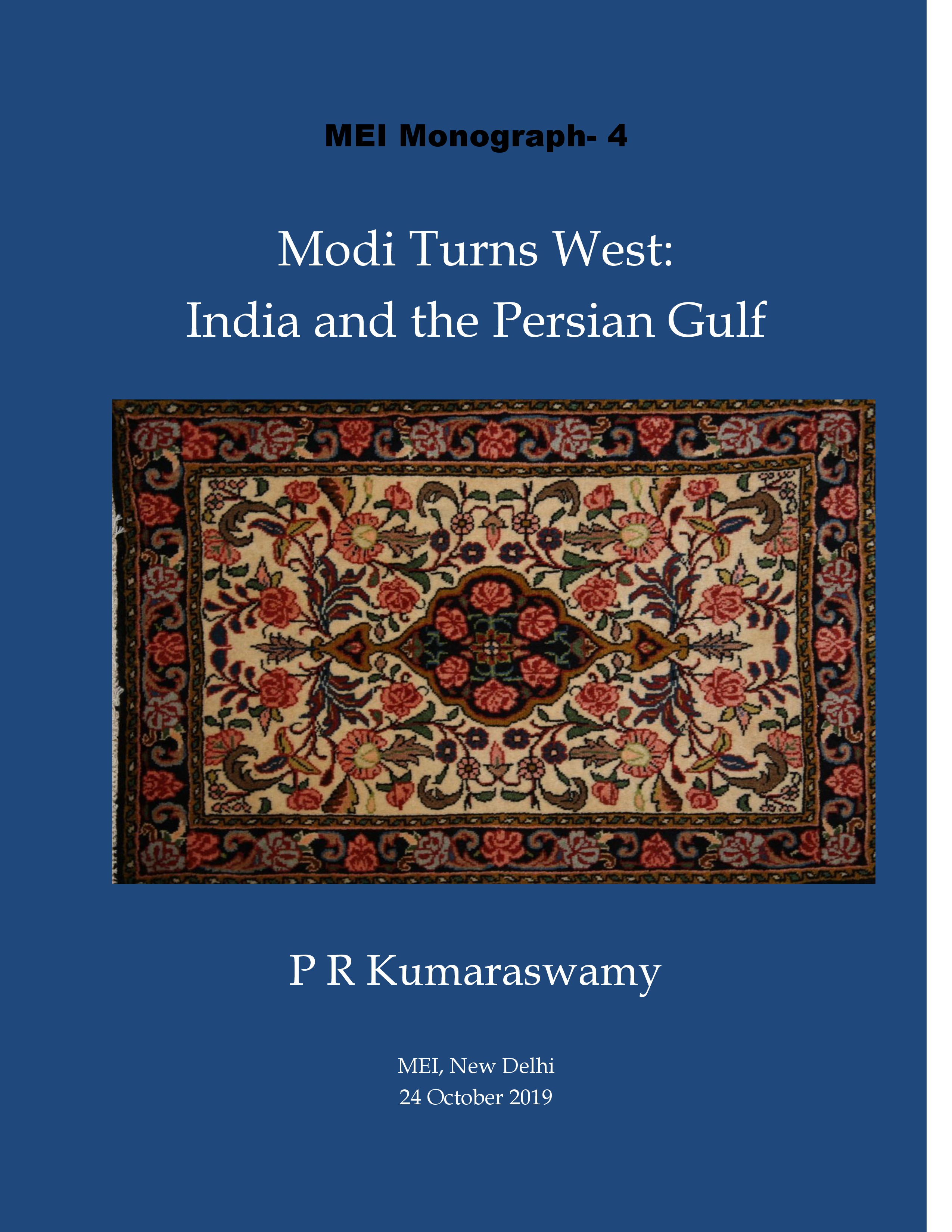
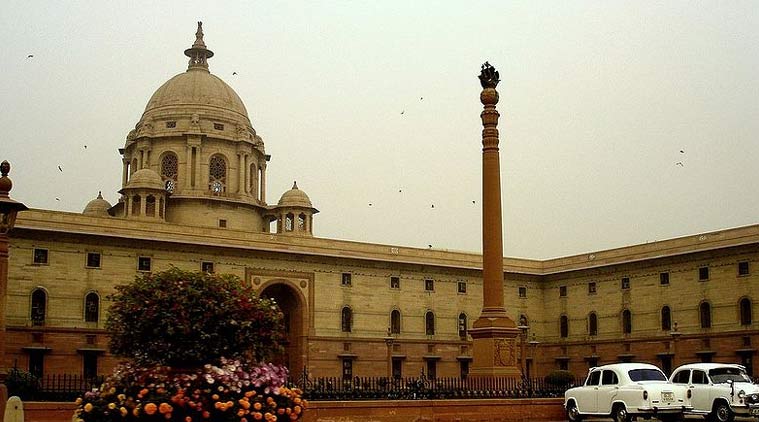
W hat What began as a protest by a marginalized vegetable vendor in Sidi Bouzid in Tunisia soon spread lik.....
